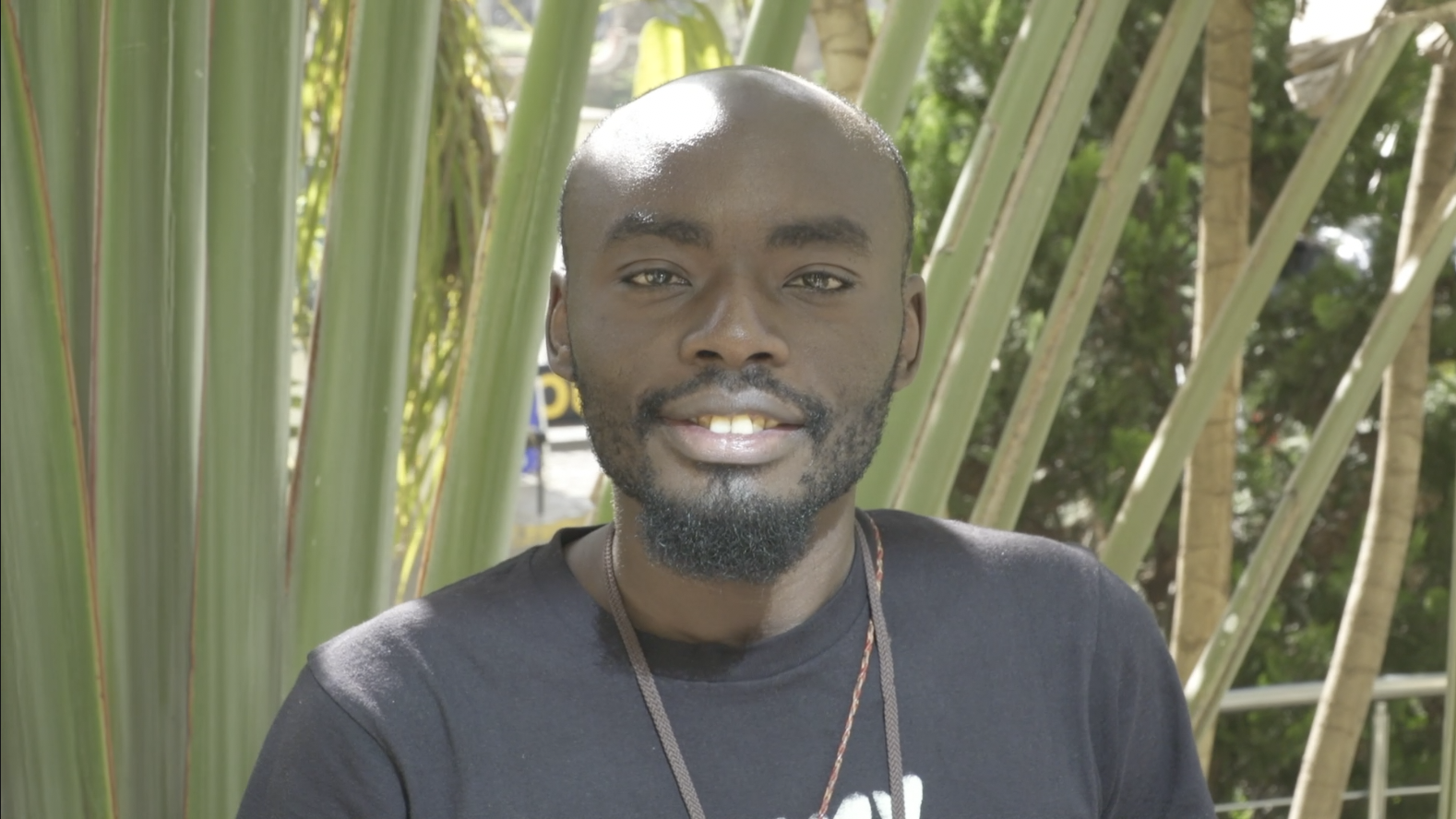
Fighting the stigma of mental health through stories
Eric Onyango Otieno is a Kenyan poet and mental health advocate.
He didn’t set out to be one. But in looking for an outlet for his pain, his words drew others with similar struggles, to him.

For Eric, Mental Health Day on October 10 is a big day, because he feels that the more people speak about mental health, the less stigma those with mental illnesses or disorders will face.
Eric is 31. He has tried to kill himself; he has suffered from a crippling depression; he has reached out severally to friends and loved ones for help – sometimes without success.
But everything changed when he decided to pour out his feelings online.
“One day, I stayed in the shower for two hours. I felt so heavy. I felt like this is it. So I pushed myself really hard. I left the bathroom, water still running and I just pushed my body to open my laptop to write. Words were like my messiah, they were my saviour all the time; and that’s the first day I spoke about depression and suicide online.”
And that was also when he realized how many people were struggling just as he was.
“The more I wrote about it, the more people would get into my inbox, saying, me too. I am going through the same thing. And I just felt like, how many of us are going through this thing and are not talking about it?”
Mental health is coming into sharp focus in Africa, and research and statistics reveal a growth in cases of suicide, depression and anxiety.
An average of more than 8 people in every 100,000 died by suicide in Africa in 2016. Lesotho has been pegged at having the highest suicide rate on the continent at 28 people per 100,000, following by 23 people in Cote d’Ivoire, according to the WHO.
Kenyan psychotherapist Dr Kirindi Odindo, says mental health has several definitions.
“I would look at mental health as the capacity of a person to be functional in their world with an optimal sense of well-being. And that would be sort of measured as psychological well-being and what would you say then psychological is, you would be looking at mind and behavior. So looking at emotions, looking at thoughts, looking at actions and patterns of those, and how well you can promote your own sense of being, in a way that does not interfere with your everyday activities of life.”
The World Health Organisation’s definition of Mental Health is equally intricate.
“Mental health is defined as a state of well-being in which every individual realizes his or her own potential, can cope with the normal stresses of life, can work productively and fruitfully, and is able to make a contribution to her or his community,” according to their website.
Dr Kirindi told CGTN Africa that though the parameters of well-being differ from individual to individual, some factors remained the same.
“There are so many of us who would not meet clinical thresholds of an illness, but we are not mentally healthy. (The) need to be loved and love, that is common to all of us. The idea of acknowledgement and recognition and feeling the need to be purposeful in what you wake up to do and to feel that you have been able to generate, what it is that you wanted to do on that day. Whether we are the janitor or going out to lead a nation, is very very important. And the whole idea of gratitude – being able to give it but get it – that is something we all require. Then the sense of belongingness – that’s the big one, especially young people searching for an identity – is also very key.”
Mental Health Day is celebrated every year to raise awareness and help reduce stigma.
Eric, who is looking to study to be a clinical psychologist, believes governments need to step in and pay more attention to mental health.
“It’s encouraging that the Ministry of Health is trying to push more conversations on mental health. There is a bill in parliament which if passed will have more mental health facilities cascaded down to the county level, with messages in local languages.”
Eric is also part of efforts to host a Mental Health Festival in Nairobi, as he works to encourage those struggling with mental illnesses to speak out and share their experiences.
“I’d like to see a world where, if I say I’m going to a mental hospital it’s like just part of conversation. Like, guys I’m not feeling ok today, I’m going to get checked out… I want to use the power of storytelling to fight mental health stigma. If we don’t tell stories, it’s gonna be so hard to beat the stigma, cause every time people want to be anonymous when talking about these issues. If people got more courage to speak, it would become more normal.”






